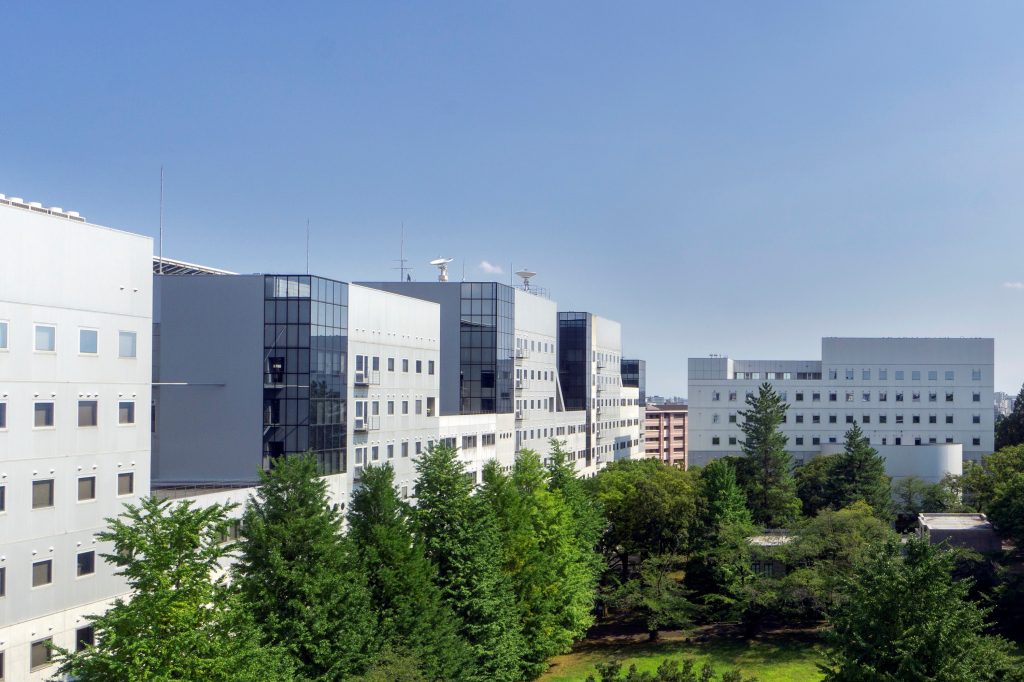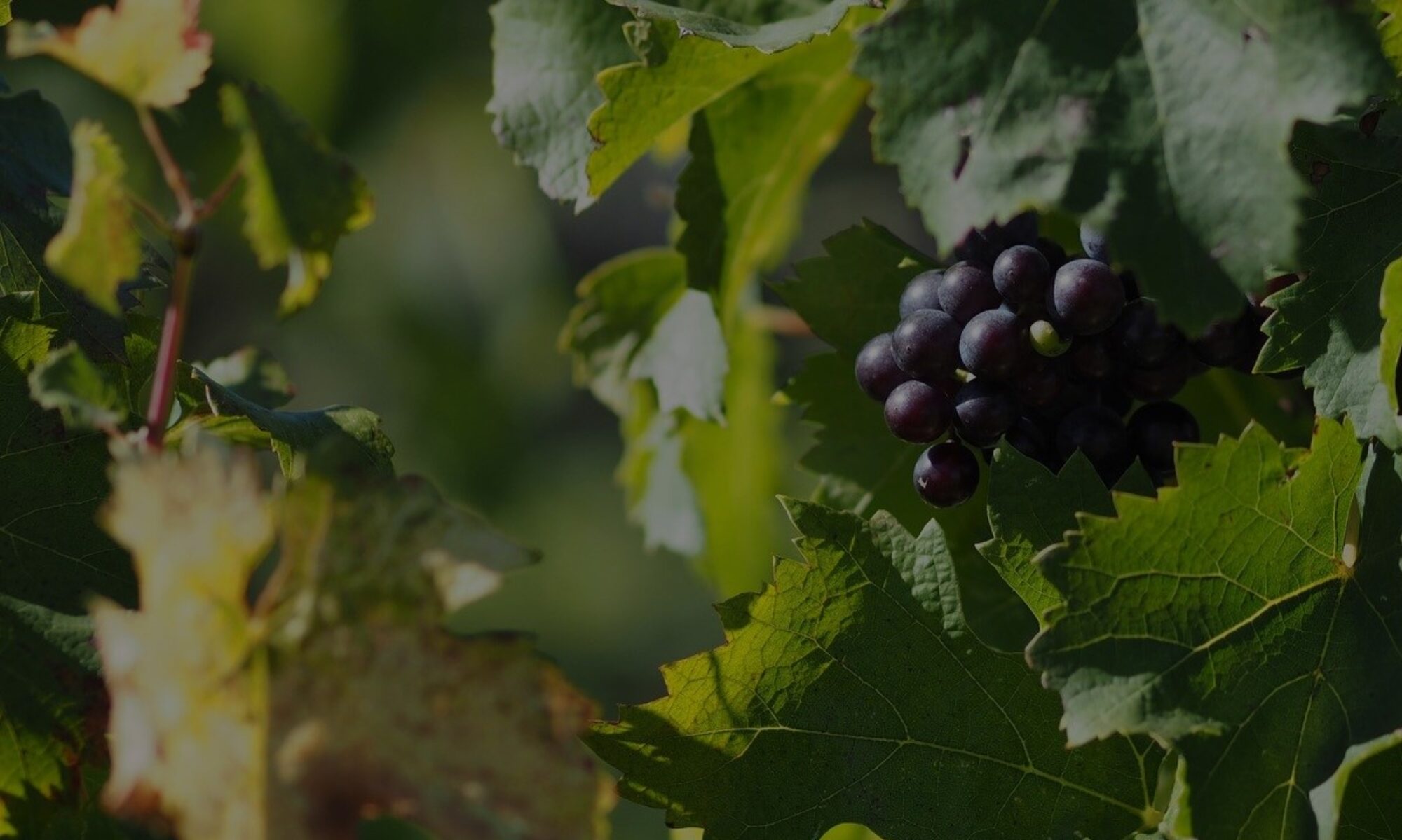東京大学生産技術研究所 食料生産技術研究センター 活動趣旨
当センターは、工学的アプローチによる農業、水産業を中心とした食料生産効率化のための技術開発、学際的な議論の場を通じた産官学の食料生産コミュニティの形成と人材育成、関連企業との連携による食料生産技術の実践および社会還元を目的としています。
世界中で頻発する洪水や渇水などを引き起こす異常気象は、食料価格の高騰や食料在庫率の低下などを引き起こし、食料生産に大きな影響を与えています。また人口増加に伴う食料需要に対応し得る経済成長が望めない地域では、食料危機が生じる事は必然です。日本でも農業・水産業従事者の減少・高齢化が進んでおり、どのようにして若い世代に引き継いでいくかが大きな課題となっています。
これらの問題に対し、当センターは東京大学大学院農学生命科学研究科と連携して、これまでに培ってきた多様な技術を食料・農業分野の産業再生に生かし、食料生産予測、生産安定化・増産のための生産技術の開発、新たな研究領域の開拓、次世代を牽引する人材の輩出、そして研究成果の社会還元を目指して活動しています。
上記の目的を達成するために、ICT技術、UAV制御技術、リモートセンシング技術、自律走行ロボット技術、画像センシング技術、2次元、3次元可視化技術、水循環モデル、などの技術を食料生産分野と融合させます。また、これらの技術をベースに我が国の産業再生に加えて地方創生に貢献してきます。

Our Concept
The Food Production Technology Research Center aims to promote agricultural and fisheries productivity through engineering approaches, develop technologies for efficient food production, foster a community of industry-academia-government collaboration through interdisciplinary discussions, cultivate human resources, and implement food production technologies in partnership with related industries to contribute to society.
Abnormal weather phenomena such as frequent floods and droughts occurring worldwide cause fluctuations in food prices and reductions in food stock levels, significantly impacting food production. In regions where economic growth capable of meeting the food demand associated with population growth is not foreseeable, food crises are inevitable. In Japan as well, there is a trend of declining numbers and aging of people engaged in agriculture and fisheries, posing a significant challenge on how to pass these industries to the younger generation.
Our center, in collaboration with the Graduate School of Agriculture and Life Sciences at the University of Tokyo, aims to tackle these issues. We will utilize a wide range of technologies we have developed to revitalize the food and agriculture industries. Our goals include predicting food production, developing production techniques for stability and increased output, exploring new research areas, nurturing leaders for the next generation, and ensuring that our research benefits society.
To achieve the above objectives, we integrate technologies such as ICT, UAV control, remote sensing, autonomous robotics, image sensing, 2D and 3D visualization, water cycle modeling, and others into the field of food production. Furthermore, leveraging these technologies, we contribute not only to the revitalization of domestic industries but also to regional revitalization efforts.
